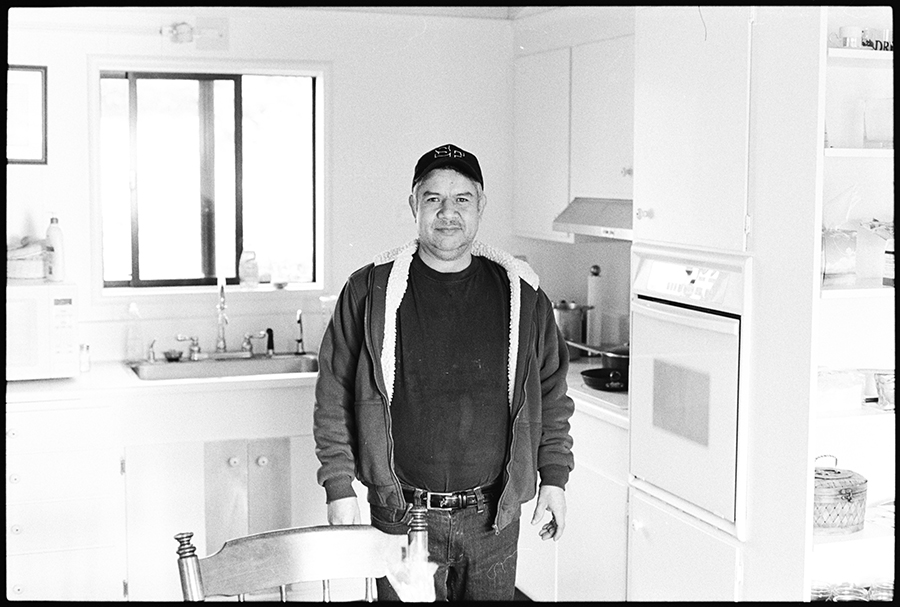A local cook and his family are the latest victims in West Marin’s affordable housing crisis after being evicted last week from their . . .
Family loses affordable home


A local cook and his family are the latest victims in West Marin’s affordable housing crisis after being evicted last week from their . . .